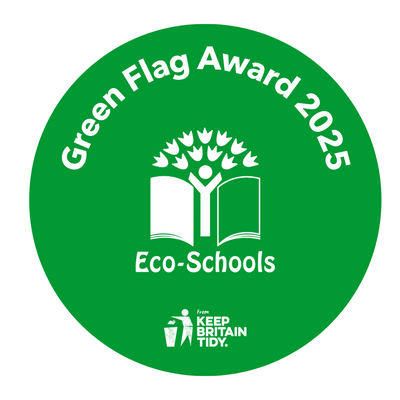Science
As we live in an increasingly scientific and technological age, we believe that the children at Romans Field School need to acquire the knowledge, skills and understanding to prepare them for life in the 21st century. In line with the National Curriculum, it is our intention that children will experience high-quality science education, through the disciplines of biology, chemistry and physics, to equip them with the scientific knowledge required to understand the uses and implications of science for yesterday, today and the future.
We aim for all children by the end of year 6 to:
- develop an understanding of the nature, processes and methods of science through different types of science enquiries that help them to answer scientific questions about the world around them.
- stimulate children’s interest and enjoyment of science.
- equip children to use themselves as starting points for learning about science, and to build on their enthusiasm and natural sense of wonder about the world.
- develop through practical work the skills of observation, prediction, investigation, interpretation, communication, measurement, questioning and hypothesising.
- encourage and enable pupils to offer their own suggestions, and to be creative in their approach to science, and to gain enjoyment from their scientific work.
- enable children to develop their skills of co-operation through working with others, and to encourage where possible, ways for children to explore science in forms which are relevant and meaningful to them.
- encourage children to collect relevant evidence and to question outcome and to persevere.
- encourage children to treat the living and non-living environment with respect and sensitivity.
- encourage children to raise questions and learn how to investigate and explore these using both first-hand experience and secondary sources.
- help children understand the nature of scientific ideas and to obtain and test the evidence for themselves.
- help children recognise and assess risks and hazards to themselves and to others when working with living things and materials and to take action to control them.
- record their scientific work and findings in a variety of ways including using ICT.













